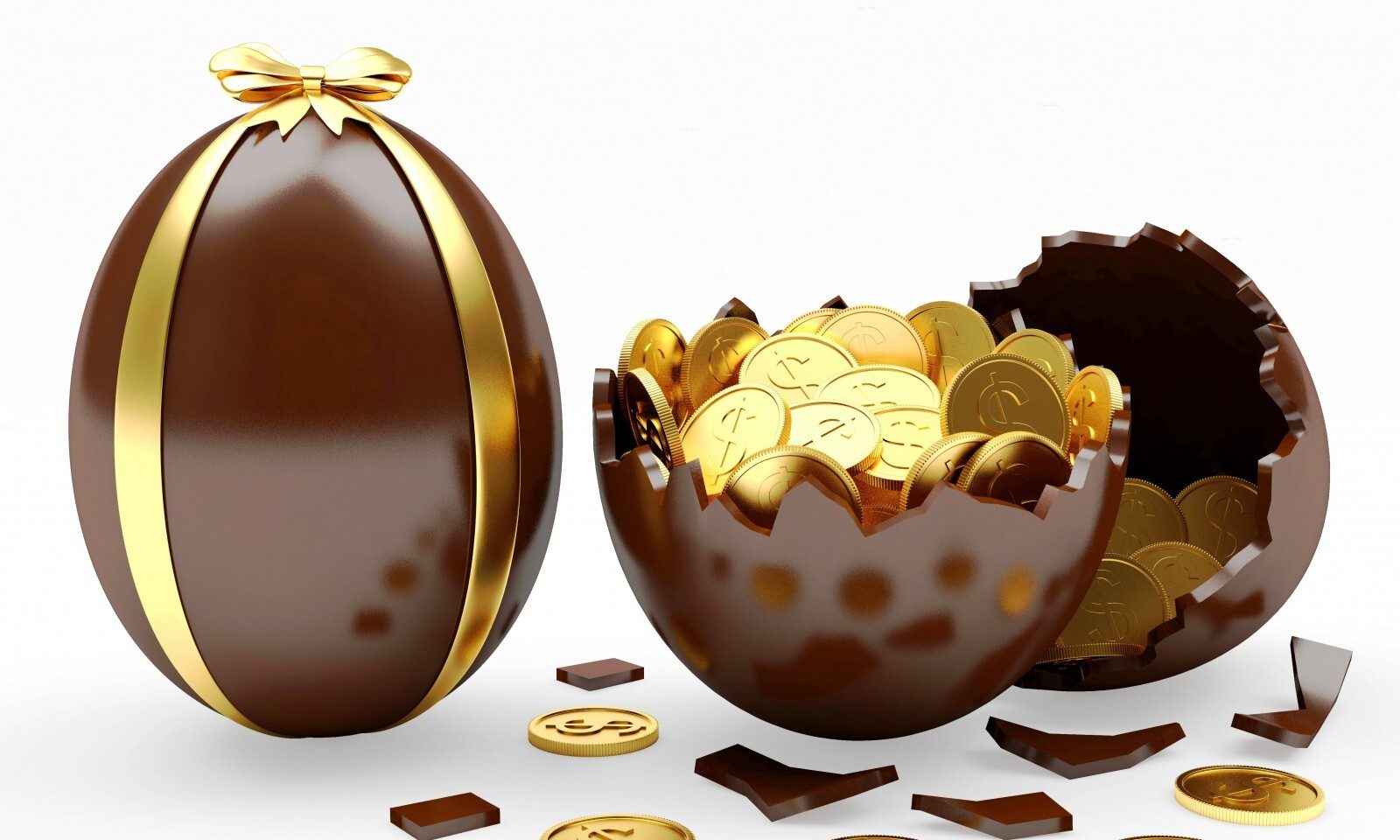
If you notice that your chocolate egg seems a little pricey this Easter, you can blame the weather, the Chinese and the currency.
Chocolate could double in price by 2020 say analysts. Already this year has seen a 26% rise in the price of cocoa powder, a 19% rise in cocoa butter and a 15% increase in sugar.
Prices have been forced up by a combination of weather, oil prices and exchange rates. The weather effect has come from El Niño, making Africa and South America hotter and drier and cutting production in some of the main growing areas. Most of the world’s chocolate comes from West Africa and in particular Ivory Coast, Ghana, Nigeria and Cameroon. From South America the main producers are Peru, Brazil and Mexico, while Indonesia makes the third biggest producer. In the Ivory Coast, production was down 100,000 tonnes in the last harvest; nearly 6%.
Cocoa beans are trading at aound USD 3,000 per tonne, with prices up 15% (USD400 per tonne), just in the past few week. The milk chocolate index, which adds in the price of cocoa powder and butter, sugar and milk products, is at £1.82 per kilogram, compared to £1.64 last Easter, although down from above £2 in 2014, a record year for chocolate prices.
Part of the volatility is down to Asian demand. Changing dietary preferences in China and South Korea in particular caused prices to spike in 2014 although that has declined since then in line with many other commodities no longer in quite such demand since the Chinese slowdown. Overall, however, the chocolate trend is up, and with the crop not one of the easiest to grow, more volatility is likely.
Cocoa prices have also been affected by fluctuations in the EUR-GBP exchange rate. The major producers in Africa – where chocolate is so expensive that most locals rarely taste it – use the Central African Franc (CFA) which is pegged to the euro.

 020 7898 0500
020 7898 0500